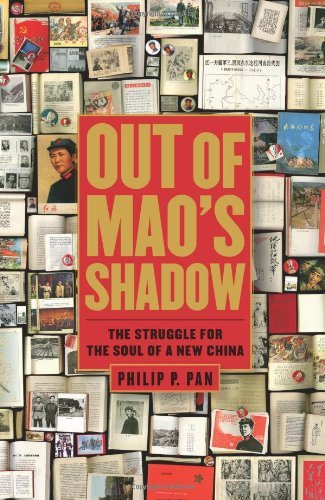What do you think?
Rate this book


368 pages, Hardcover
First published January 1, 2008









"I often hear people say that political change is inevitable in China. When incomes rise above a certain level, they argue, the nation will follow Taiwan, South Korea, and other authoritarian countries that evolved into democracies as their capitalist economies developed. But rarely have people anywhere in the world gained political freedom without pain and sacrifice, and the Chinese Communist Party has shown it will not surrender power without a fight.
It held on after the disasters of Mao’s rule, and it outlasted its brethren in the Soviet Union and Eastern Europe after the Tiananmen massacre. In the years since, it has demonstrated its resilience again and again, nimbly adapting to new challenges and reasserting itself as a rising world power. What progress has been made in recent years—what freedom the Chinese people now enjoy—has come only because individuals have demanded and fought for it, and because the party has retreated in the face of such pressure."